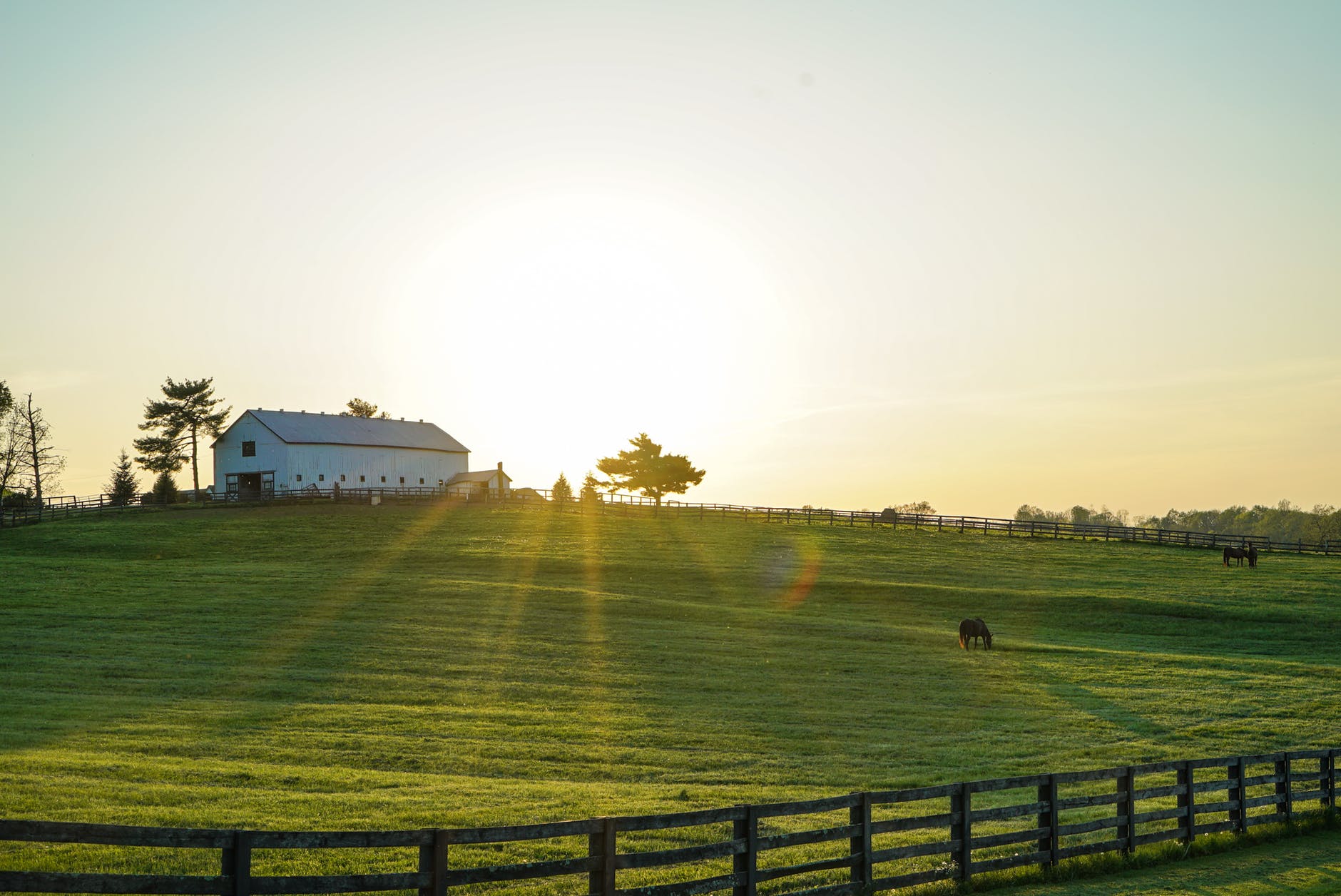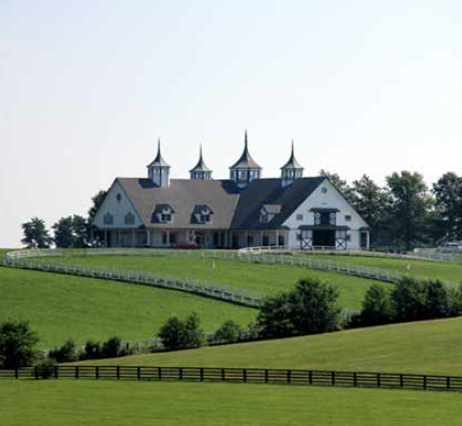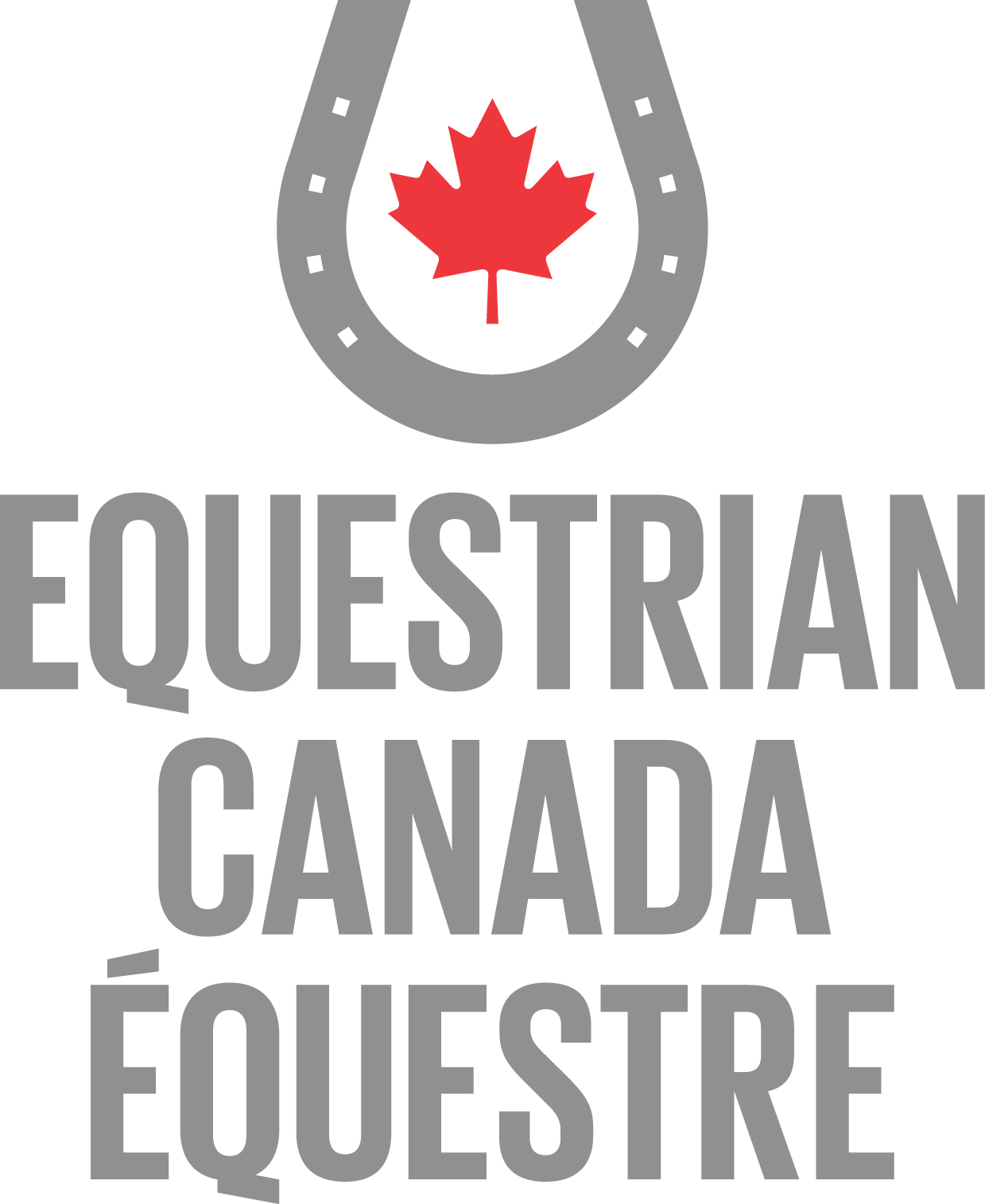Premises ID Program
Attention, stable owners!Does your property have a Premises Identification number? It’s a vital tool for the protection of your horses should a disease or disaster strike you area. The Premises ID program is a national service that is free to owners of agricultural properties, including horse owners. (Even if you have only a single horse living on your property, you qualify for participation in this program.) Premises ID is a way of linking livestock to land locations and is critical to support disease control activities and for managing animal health emergencies. Having a premises identification number for your operation allows for traceability information to be accessed quickly for the protection of animal health Obtaining a Premises ID is free, and requires only a form. Once the information has been received and validated by the provincial or territorial government where the premises is located, a unique identification number is provided for this specific location. |
|
Chief Veterinary Officer for New Brunswick, Dr. Nicole Wanamaker:
"Here is my explanation and my purpose for having a Premises ID.
I have the application attached below. If you have any issues or questions, please do not hesitate to contact me." |
|
Equestrian Canada - "What The Health" newsletter - March 2019 - Volume 2 Issue 1 PREMISE IDENTIFICATION TO THE RESCUE
|
Premises ID - Equestrian Canada Fact Sheet
NB Application Form - Premises ID






.png)
